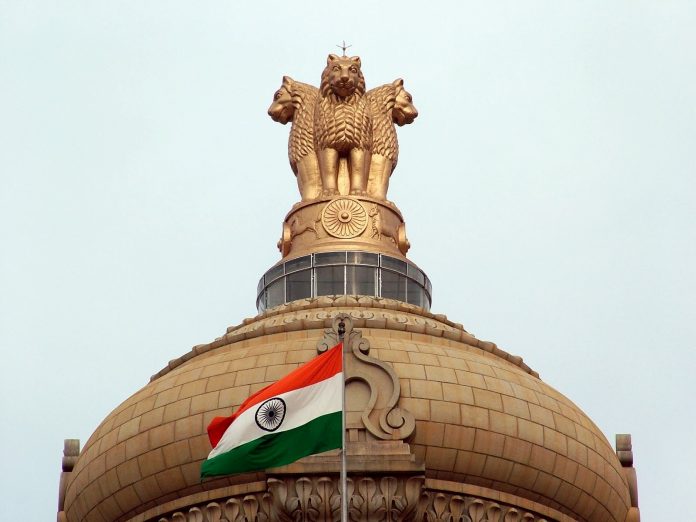By Dr Syed Zafar Mahmood for TwoCircles.net
The central government’s Department of Personnel & Training (DoPT) has advertised the lateral recruitment from the private sector and NGOs at the Joint Secretary level in the Government of India. Such recruitment for senior Govt positions violates article 39(b) and (c) of the Constitution. These articles disapprove the very existence of big business houses which sprout from the concentration of wealth in a few hands and condensed control of the nation’s material resources suppressing the common good. So, having a private sector person as Joint Secretary (JS) to the Govt of India would cause a direct clash of interest between the big business and the government’s constitutional mandate.
Policy formulation would be pro-rich
The JS level has been rightly described in the Govt advertisement as for ‘policy formulation’ while the Govt tenure of such corporate / NGO person would be 3-5 years beginning at age 40. So, between 40-45 years of age he would author the Govt policy and after that would revert to his business house to appropriate the fruits of that policy for the next 4-5 decades of his life – all this to the common detriment of the masses – as has been apprehended in Art 39 (b) and (c).
Subordination will thin down
In the Government hierarchy, the JS reports to the Additional Secretary / Secretary. Such reporting is meaningful only if it has lifetime consequences. If a JS serves only for 3-5 years and thereafter exits the Govt bureaucracy for good, his subordination during 3-5 years of Govt job is most likely to thin down while the State interests keep bleeding.
Budgetary interests would suffer
Such lateral entry in the ministries of Revenue, Economic Affairs and Commerce is particularly wrought with the long-term betrayal of constitutional values. The JS (Revenue) is a crucial cog in the wheel of decision making regarding budget and taxation. In fact, every year, during the run-up to the finance minister’s budget speech in Parliament, the corridors of the North Block are cordoned off with added security at entry/exit points. But now the JS sitting inside will be from the big business houses against whom such additional security measures are taken.
Same is the case with the departments of Economic Affairs and Commerce. The new Govt policy tantamounts to practically handing over the Government policy making to the big business houses.
‘Comparable Level’ needs to be researched and debated
The Government advertisement also says that persons of ‘comparable level’ will be recruited from the private sector and NGOs etc. So, what would be the parameters for evaluating such ‘comparative level’? This big question needs a lot of debate at the national level.
Service Conduct Rules will become irrelevant
Besides, in the new private-business-NGO regime, what would happen to the All India Services (Conduct) Rules that prohibit [Rule 4(1)] using the Govt position or influence directly or indirectly to secure employment for any family member with any private undertaking or NGO. Now the JS himself would be owing lifetime allegiance to the private undertaking or NGO in gross violation of the Conduct Rules.
As per Rule 4(3)(a), no Government officer can officially deal with any matter relating to or award any contract in favour of a private undertaking, NGO or any other person with whom any member of the Govt officer’s family is employed or is even remotely interested in. To accommodate the new policy of the Govt these rules shall have to be shelved and so should the constitutional policy.
Hence, the Government would do well to defer the implementation of this new policy until its pros and cons are thoroughly examined and reported in the public domain.
The author is President, Zakat Foundation of India

